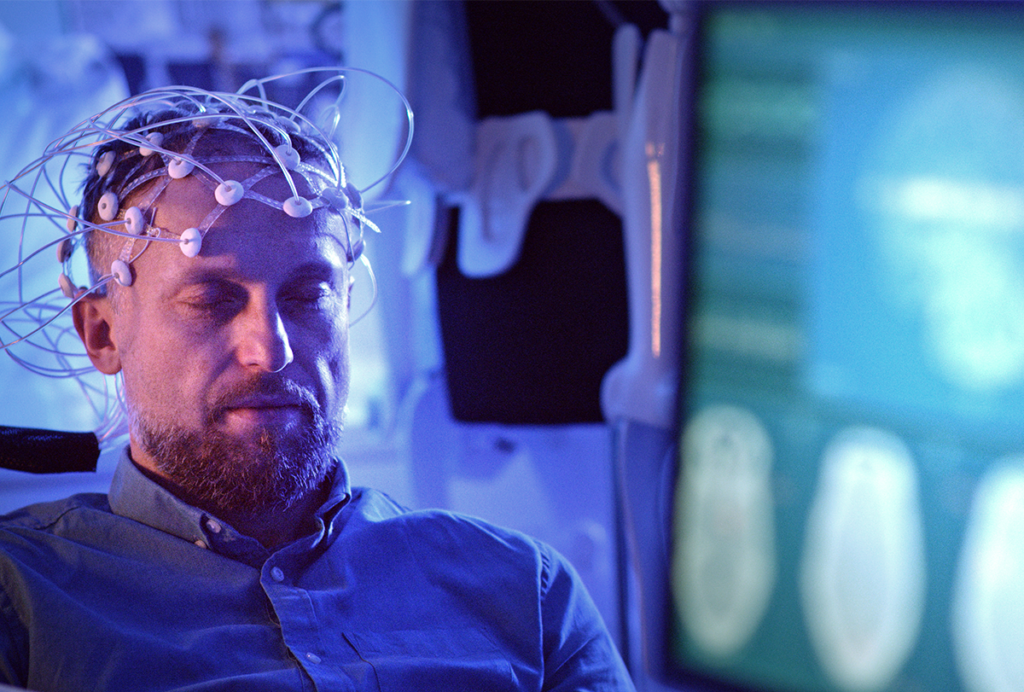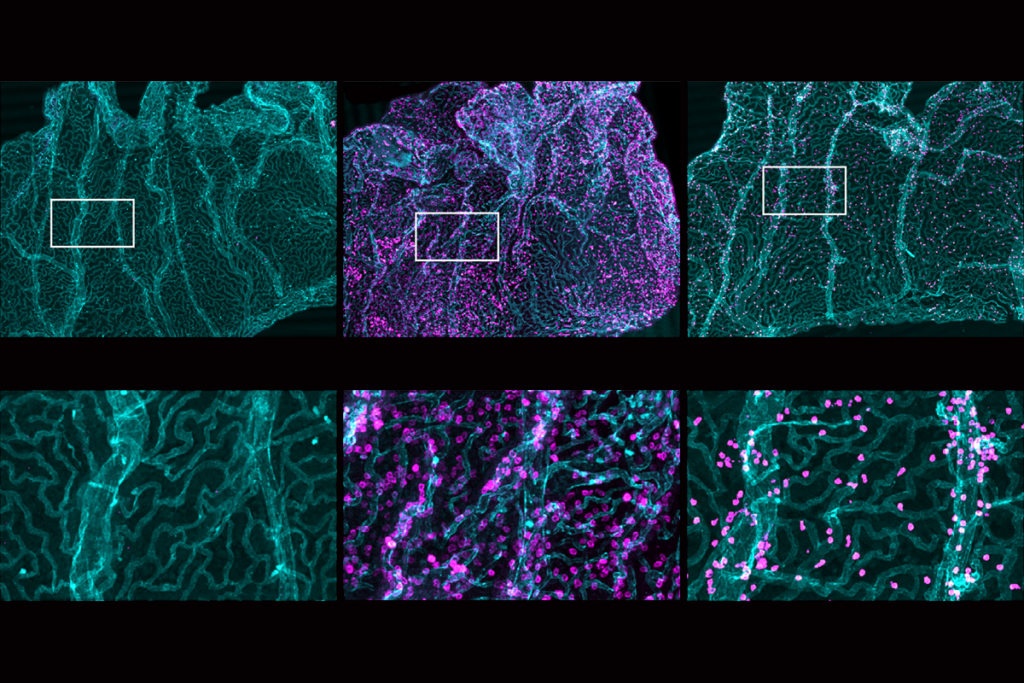Bruce Rosen is director of the Athinoula A. Martinos Center for Biomedical Imaging at Massachusetts General Hospital and Laurence Lamson Robbins Professor of Radiology at Harvard Medical School.
Among his many achievements in the biomedical sciences, he is a pioneer in the field of functional neuroimaging. In the early 1990s, he oversaw the development of the technique functional MRI (fMRI), which measures the hemodynamic and metabolic changes associated with brain activity in both health and disease. More recently, his work has focused on the integration of fMRI data with information from other imaging modalities, including positron emission tomography, magnetoencephalography and noninvasive optical imaging. Many of the tools he introduced are now used by research centers and hospitals around the world to study and evaluate people with neurologic and psychological conditions.
Rosen earned his M.D. at Hahnemann Medical College (now a subsidiary of Drexel University College of Medicine) in 1982 and his Ph.D. at the Massachusetts Institute of Technology in 1984, and he subsequently completed an internship and residency at Mass General and research fellowships at Mass General and the Harvard-MIT Division of Health Sciences and Technology. He joined the faculty of Harvard Medical School in 1987.
He has received numerous awards in recognition of his contributions to biomedical imaging, including the Outstanding Researcher Award from the Radiological Society of North America and the Rigshospitalet’s International KFJ Award from the University of Copenhagen/Rigshospitalet. He is a fellow of the International Society for Magnetic Resonance in Medicine, and in 1997 he received the society’s Gold Medal for his contributions to the field of functional neuroimaging. He is also a fellow of the American Institute for Medical and Biological Engineering and a member of the Institute of Medicine of the National Academies, the American Academy of Arts and Sciences and the National Academy of Inventors.


